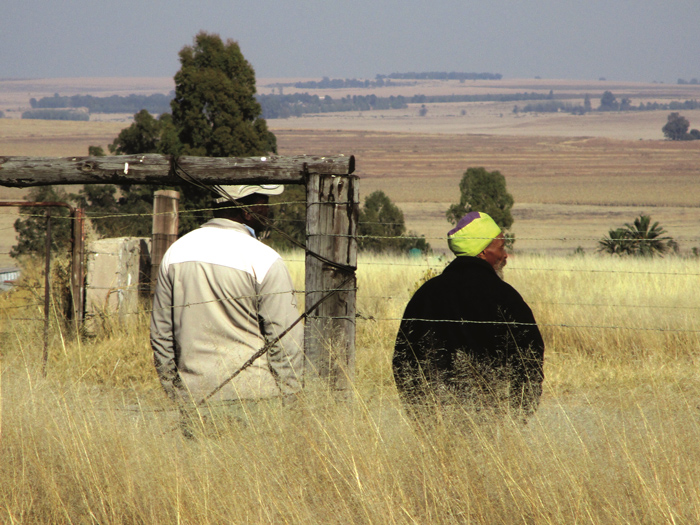September 2023
| KARINA MULLER, PULA IMVULA CONTRIBUTOR |
 |
It is a blessing when a father can farm with his sons or sons-in-law and later even with his grandsons. But what will happen when he passes on or is just not fit enough to remain in charge of the farming operations any longer?
Although family enterprises offer a significant contribution to the South African economy, it is regrettably so that approximately 85% of family farming businesses do not survive to the third generation. This fact was reported on 5 May 2022 by Farming Portal.
THE IMPORTANCE OF SUCCESSION PLANNING
Yolandi Kruger, director and agricultural advisor at Dunamus Agri, says the average lifetime of a family farming business is 24 years. When this kind of business is carried over from the first generation (father) to the second generation (children), the likelihood of success is 30%. When it is transferred from the second to the third generation (grandchildren), the chances of surviving decrease to a mere 10%.
The main reason why this happens, is a lack of succession planning. This term refers to a business strategy that is used to pass the leadership roles down to someone else in the business.
In the case of family farming, leadership roles should be passed down to another member of the family when the initial leader/patriarch is stepping down.
According to Investopedia, succession planning ensures that the business continues to run smoothly and without interruption after important people move on to new opportunities, retire or pass away. Succession planning is a good way for family farming companies to ensure that operations are fully prepared to promote and advance all family members involved – not just those who are at the management or executive levels.
It is vital that the initial leader/patriarch starts to plan his scaling down or retirement well in advance so that the necessary provision can be made. The initial leader/patriarch plays the most important role here, as he has the biggest share in the farming business.
FAMILY FARMERS FEED THE WORLD
As family farming feeds the world, it is a sad fact that succession planning is not properly done in many family farming enterprises. As much as 70% of the world’s food products are produced by family farmers, whose activities are crucial to combat hunger and malnutrition.
Furthermore, family farming generates well-being. Approximately 40% of the world’s households depend on family farming for their livelihoods.
From the above, it is clear that a family-run farming operation cannot be allowed to fall flat once the patriarch is not involved anymore. Therefore, certain conditions should be put in place before the next generation takes over. This process cuts out most of the preventable conflict.
Dr Johan Beukes from Authentic Living Learning says proper boundaries should be in place to protect family relationships. In a farming situation, there can be only one leader. This person should have the needed knowledge and abilities to run the farming enterprise and should also manage the farming so that the family will gain benefit over the long term.
COMMUNICATION IS KEY
Theo Vorster of Galileo Capital stresses that problems in family farming operations start when there is not sufficient communication between the involved parties. He says the different generations – father, children and grandchildren – should constantly communicate about their needs and dreams for the farming enterprise.
Kruger and Beukes agree about this and add that ineffective communication is one of the biggest obstacles, as well as one of the biggest sources of conflict in a family farming operation.
Communication implies that regular conversations take place to discuss the financial status of the enterprise. Everyone involved in the farming enterprise should be aware of the risks of the business. Matters that involve the farming business, such as succession planning, should also be discussed. During these meetings, proper minutes should be taken to use as future reference.
FAMILY STRUCTURE
Many farming families draw up and use a family structure to assist them in doing successful succession planning. This family structure provides an essential foundation for any effective family farming enterprise. It is critical to guarantee that the farming operation will survive different generational transitions.
The family structure should be a 'living' document that is revised on a regular basis. If the family members do not agree about the format of the family structure, professionals should be approached to assist.
The family structure should contain the following elements:
Remember: ‘A farm is more than land and crops – it is a family’s heritage and future.’ (bluehost.com).

A grandfather and his grandson look at the farmland while sharing dreams about the future of the family farming enterprise.
Publication: September 2023
Section: Pula/Imvula